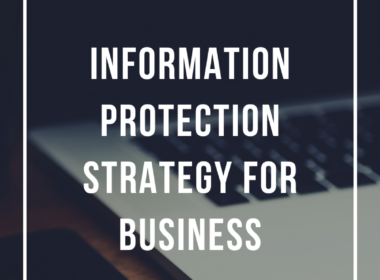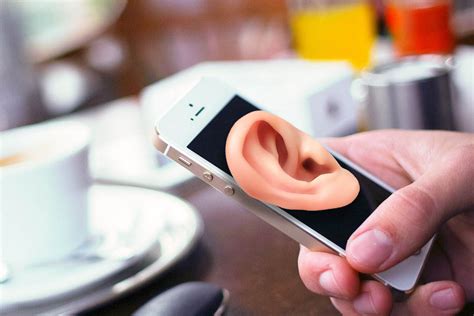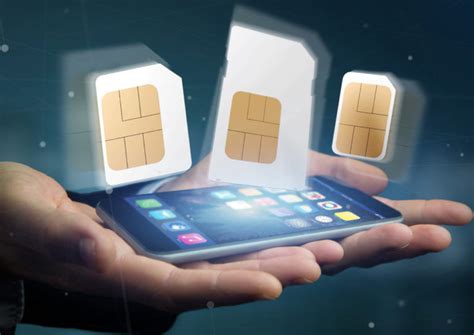If you have ever thought your smartphone is spying on you, you’re most likely right.
Apps are designed to track your moves, and your phone’s microphone can be picking up your conversations. So if you’re suddenly bombarded with ads on your social media for things you’ve never searched for but have spoken about, it’s no coincidence. Late last year, Apple’s updates included a feature that shows a small orange dot on the top of your phone when your microphone is activated and a small green dot when your camera is activated.
If you’re not speaking or recording on your phone and an orange dot appears, you have a problem.
“I think the idea that a smartphone is spying is scary to people and it’s easy because there are cameras and microphones on all of them. The data on your phone is the key to your identity.” says technology commentator, Trevor Long. For starters, make sure you’re running the latest software – don’t delay installing updates because they usually contain enhanced security measures.
“You never know what can happen to your information once it gets collected by these companies,” NordVPN spokeswoman Patricia Cerniauskaite says.
Follow these steps to check your device for which apps have access to the phone’s microphone or camera:
- Open settings and tap privacy
- Tap microphone or camera in the privacy menu
- On the next page, you can view which apps have access and you can toggle the access off.
That can help stop your phone from listening to your conversations. Apple is also expected to introduce within the coming weeks’ new pop-ups that will alert phone users to whether an app is tracking them.
Facebook says data collection is needed to make user experiences better but if a user opts not to allow an app such as Facebook to track them, then Apple will prevent the app from doing so. The new feature has been controversial among tech giants but will no doubt be welcomed by smartphone users.
Assistant Defense Minister Andrew Hastie, who has responsibility for the Australian Cyber Security Center, says Australians need to take control of their cybersecurity.
“The consumer is always in control. The consumer can change the settings in their apps, their permissions, their location data, whether or not they have the microphone or camera-enabled.” He says.
Users should also install a VPN – a virtual private network – which masks their IP address and encrypts traffic to improve privacy. This is especially important if connecting to public WiFi. Most important is to back up your data regularly.
A basic test to see if your phone is spying on you:
- Select a good topic. It should be something that couldn’t be associated with your personality…something you never talk about.
- Isolate the topic from your phone.
- Do not use your phone or any other device to search for information on this topic. The best way to do so is to think of it in your head.
- Make sure you have never googled this topic either
- Select keywords. Think of a list of keywords that could trigger search engines
- Discuss the topic out loud next to your phone. You can do this alone or with someone else for several minutes at a time.
- Do so a few days in a row.
- Make sure you don’t search for the topic in any other way — your phone’s only contact with it should be hearing you talk about it.
Once you set up the trap, notice if any new ads have started targeting you on social media or other digital channels. If they have, then your phone is probably helping these ads reach you.
Conclusion
The data on your phone is definitely the key to your identity. It is vital to stay security conscious by installing updates that contain enhanced security measures. Remember…sometimes our human memory fails us but smartphone data would never fail. This is the major reason why we have to be security alert with smartphone apps. You never know the significance of that ignored online silhouette.









